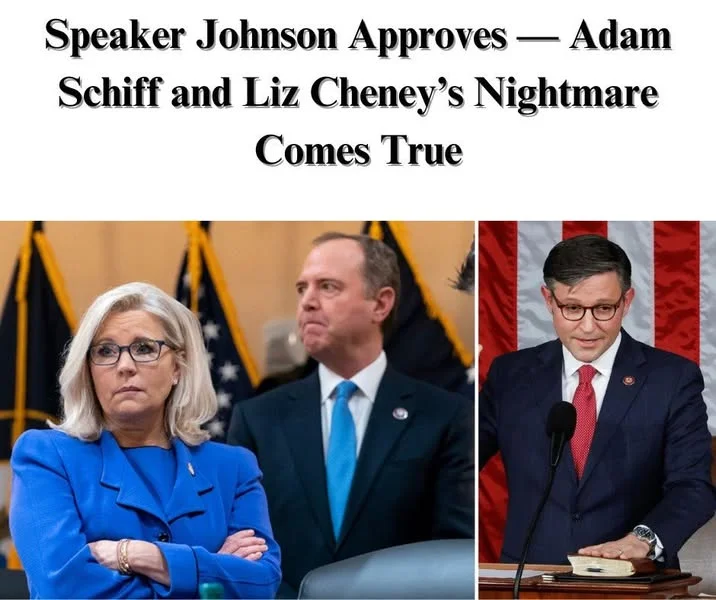
Republican Rift Over Jan. 6 Probe Leaves New Committee Paralyzed
Washington, D.C. – April 2025
The Republican Party, despite holding the majority in both chambers of Congress, is facing internal gridlock over how to handle the next phase of the January 6 investigation.
At the center of the stalemate are House Speaker Mike Johnson and Georgia Representative Barry Loudermilk. Although Johnson announced in January the creation of a new select committee to reexamine the Capitol riot, the initiative has stalled due to conflicting priorities.
Sources close to the matter reveal that Johnson wants a “focused and forward-looking” approach—avoiding probes into past committee members like former Rep. Liz Cheney. Meanwhile, Loudermilk insists the investigation must include a full audit of the previous Jan. 6 committee’s conduct, which he claims was politically motivated and lacked transparency.
“If this investigation isn’t independent and thorough, then it’s just political theater,” Loudermilk said during a closed-door GOP caucus meeting last week.
Adding to the pressure, former President Donald Trump reportedly told Speaker Johnson that continuing the Jan. 6 investigation should be a top priority, especially in holding prior investigators accountable.
Despite Johnson’s public pledge to fund the committee, no hearings have been scheduled, and no subpoenas issued. Insiders say the disagreement is now causing friction within the GOP’s own leadership and may undermine the party’s broader oversight agenda.

Among Loudermilk’s proposals is a review of Liz Cheney’s role in the original investigation, citing concerns over “possible witness manipulation” and “biased narratives.” A draft report, not yet public, allegedly recommends referring her to the FBI for further inquiry.
The situation has also created legal and political uncertainty around members of the previous committee. Reports have emerged suggesting that President Joe Biden may have quietly extended pardons to certain high-profile individuals involved in the Jan. 6 probe, including Liz Cheney, Rep. Adam Schiff, and Dr. Anthony Fauci, to shield them from potential retaliation under a future Trump administration.
In an unexpected twist, Senator Schiff is said to be considering rejecting the pardon, worried it might be interpreted as an admission of wrongdoing—a position he’s held since Trump’s presidency.
As Republicans fight among themselves, the future of the Jan. 6 investigation remains unclear. With 2024 still fresh in the rearview mirror and the 2028 race already taking shape, the stakes for both parties couldn’t be higher.
